Ask AI on The Internet
Question: Examine agriculture as one of the economic systems of pre-colonial African societies, and discuss how they contributed to the overall stability and development of these societies, with references and citations
Agriculture played a foundational role in the economic systems of pre-colonial African societies. It served not only as the primary source of sustenance but also as a pivotal driver of social, political, and economic stability and development. Here are several critical ways in which agriculture contributed to the overall stability and development of these societies: ### 1. Sustenance and Nutrition Agriculture was the mainstay of food production, ensuring a stable food supply and supporting population growth. For instance, yam cultivation in West Africa and millet and sorghum farming in the Sahel region provided essential carbohydrates and other nutrients necessary for survival. ### 2. Economic Exchange and Trade Agricultural products were crucial for trade both within and between regions. Markets and trade networks developed around agricultural produce, facilitating economic interaction. For example, cowrie shells obtained through trade were used as currency in some West African societies, and the introduction of crops like cocoa and coffee in later periods contributed significantly to export economies. ### 3. Social Structures Agriculture influenced societal organization by encouraging hierarchical and communal systems. For instance, land ownership and control became central to social status and power dynamics. Kinship groups and clans often managed land collectively, ensuring equitable distribution and access, which promoted social cohesion. ### 4. Technological and Cultural Innovations Agricultural practices spurred technological advancements. Techniques such as irrigation, terracing, and crop rotation were developed to increase efficiency and yield. In East Africa, the high-altitude terracing in areas like Engaruka (modern-day Tanzania) exemplifies sophisticated agricultural engineering. ### 5. Environmental Management Pre-colonial African societies often practiced sustainable agriculture. Techniques like shifting cultivation (also known as slash-and-burn) and agroforestry demonstrated an understanding of maintaining soil fertility and managing natural resources to prevent depletion and promote longevity. ### 6. Political Stability Control over agricultural resources often translated into political power. Leaders who could ensure food security for their people were better able to maintain authority and stability. The Kingdom of Buganda is one example where the management of banana plantations played a role in the kingdom's strength and societal organization. ### 7. Cultural and Religious Practices Agricultural cycles and seasons were deeply woven into the cultural and religious life of many African societies. Festivals, rituals, and ceremonies often celebrated planting and harvest times, reinforcing community bonds and shared cultural identity. ### References and Citations To support this analysis, several key academic sources provide detailed insights into the role of agriculture in pre-colonial African societies: - Vansina, Jan. **_Kingdoms of the Savanna._** University of Wisconsin Press, 1966. This book provides a comprehensive look at how agricultural practices supported the rise of centralized kingdoms in the savanna regions. - McCann, James. **_Maize and Grace: Africa's Encounter with a New World Crop, 1500-2000._** Harvard University Press, 2005. This work explores agricultural changes over centuries, highlighting critical transformations in African societies. - Ehret, Christopher. **_An African Classical Age: Eastern and Southern Africa in World History, 1000 BC to AD 400._** University Press of Virginia, 1998. Ehret delves into early agricultural practices and their impacts on societal development in Eastern and Southern Africa. ### Conclusion In summary, agriculture was a cornerstone of economic systems in pre-colonial African societies. It underpinned food security, trade, social structures, technological innovation, and political stability, contributing significantly to the development and cohesion of these societies. The nuanced interplay between agricultural practices and other societal elements illustrates the complexity and resilience of pre-colonial African civilizations.
Think your answer is better than the AI's? Post it below.
Question Tags
If you want your question answered by an AI, click here.
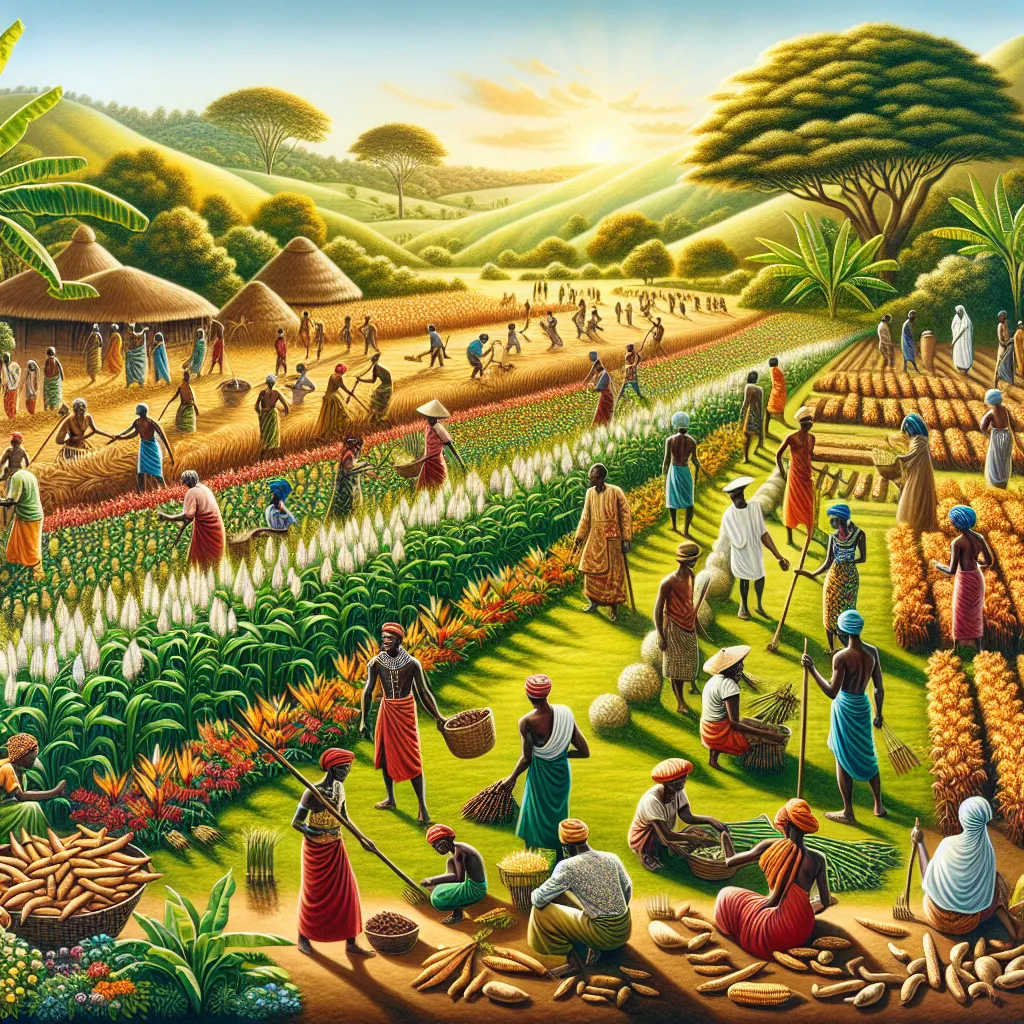
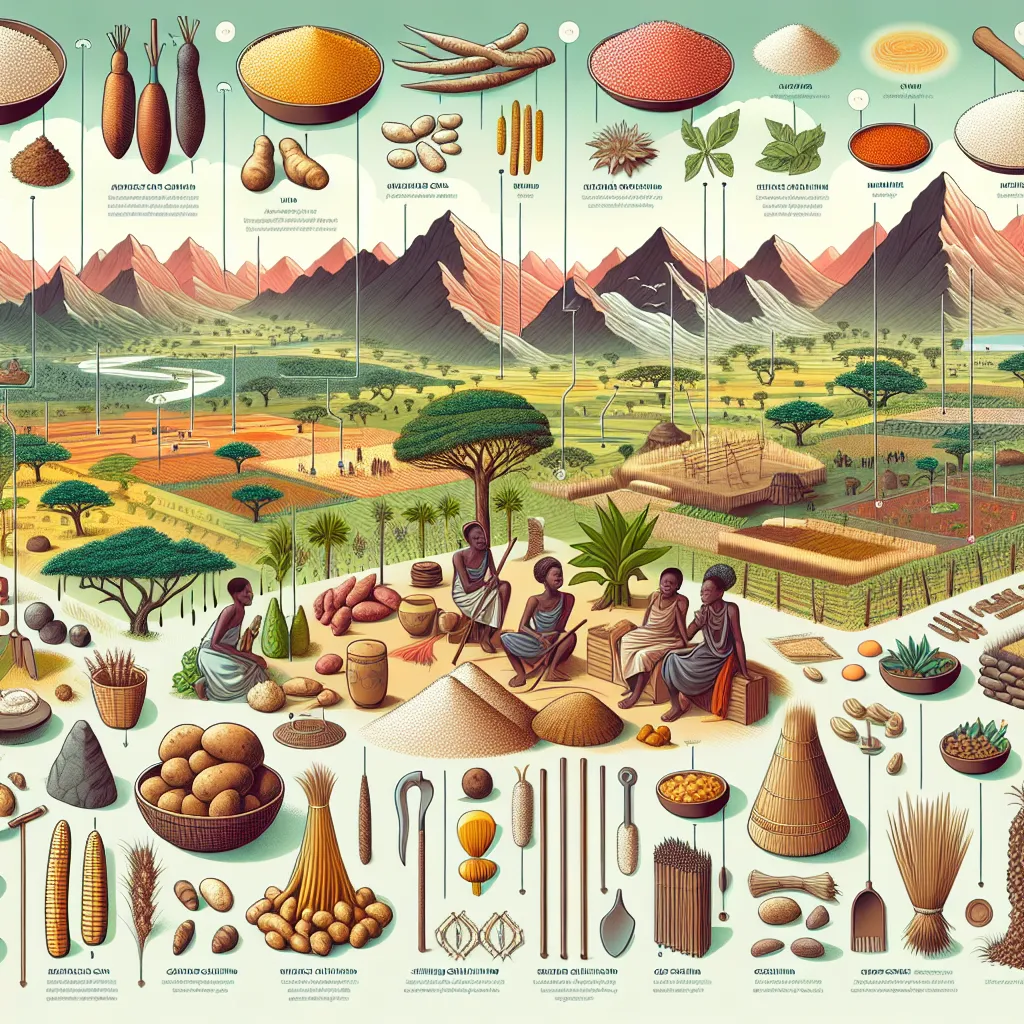


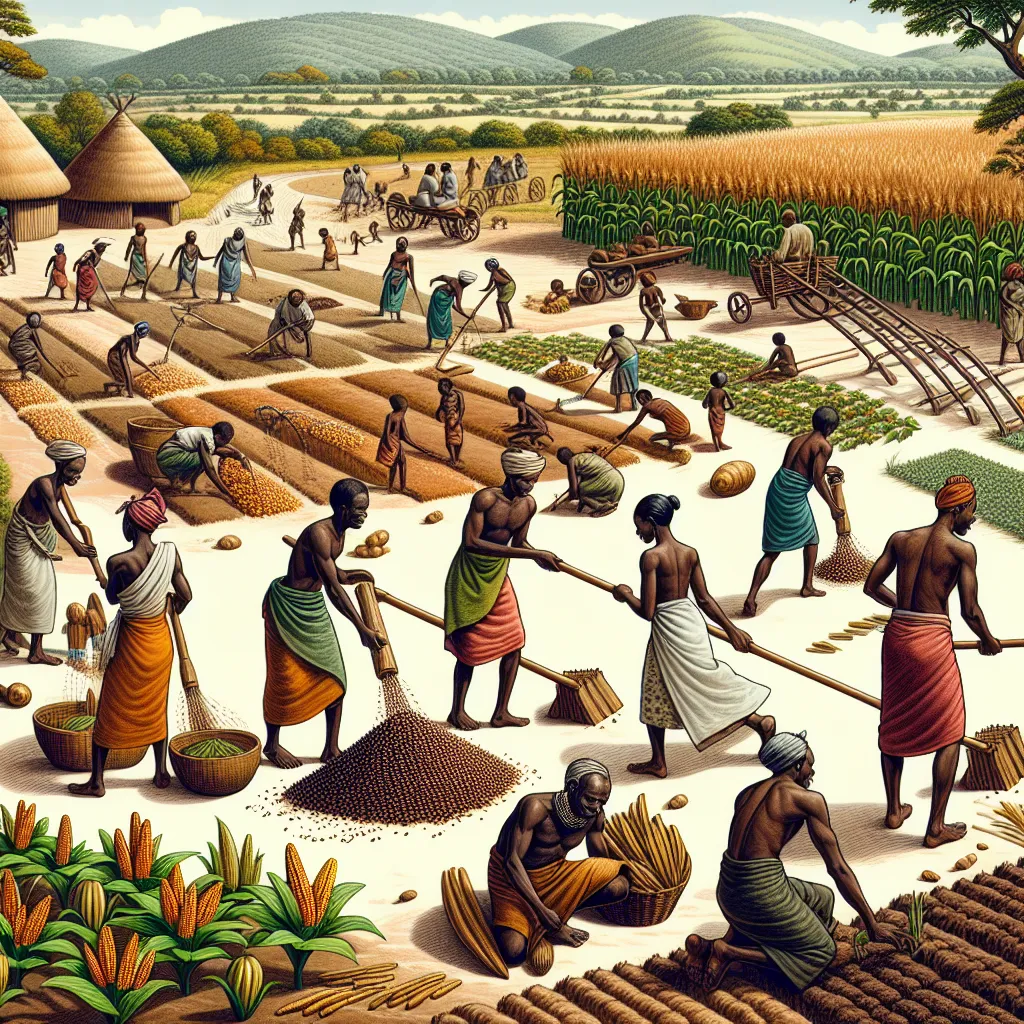
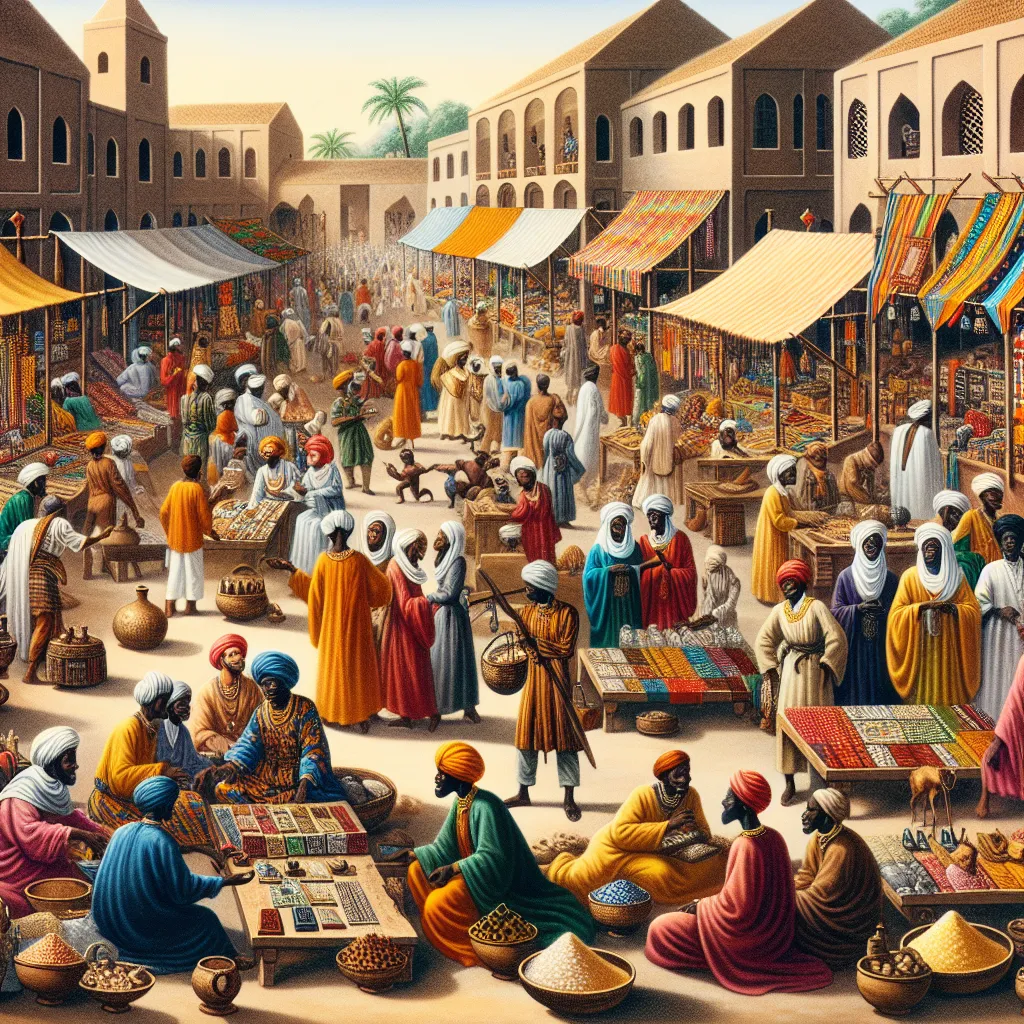
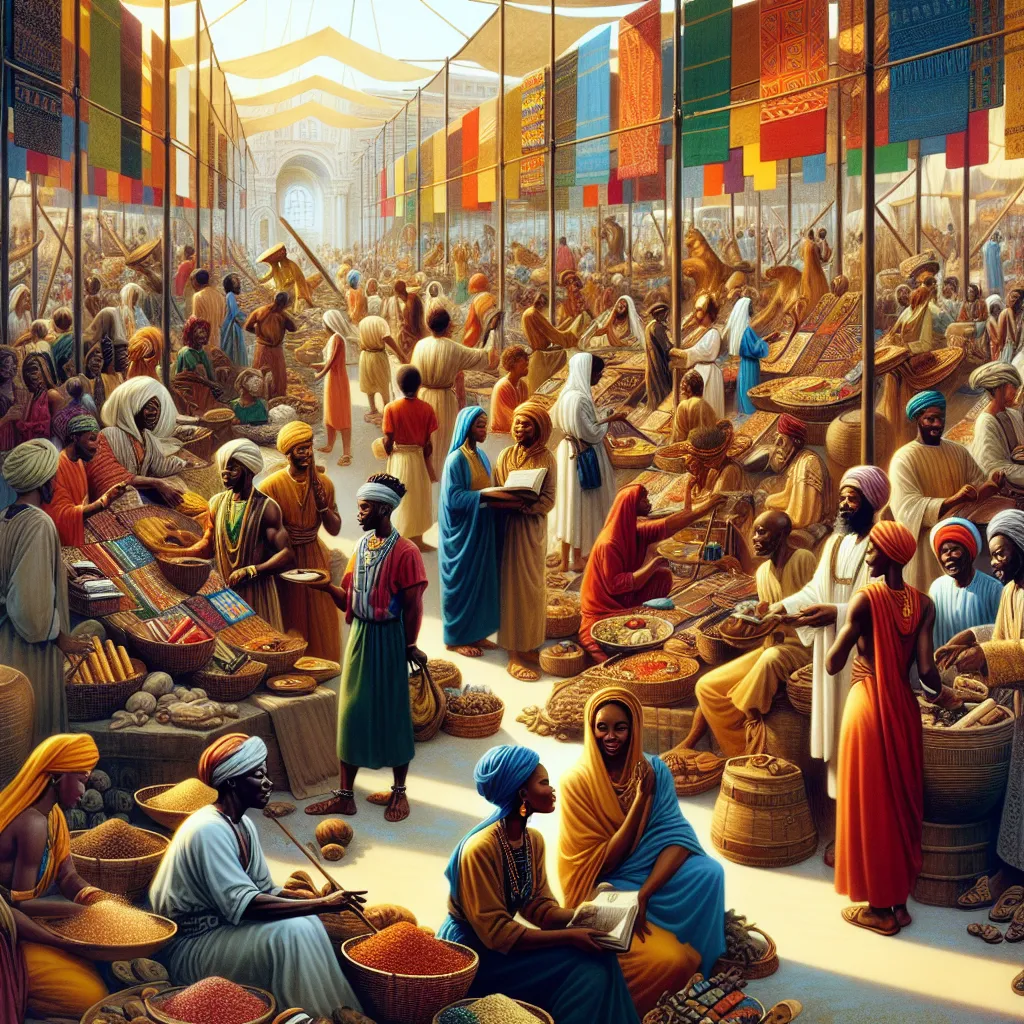
Post your own comment: